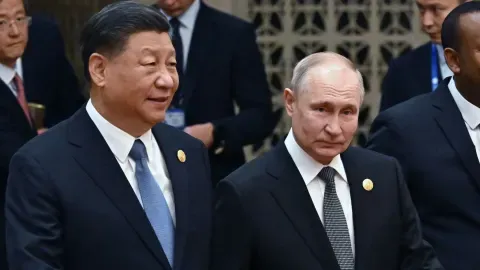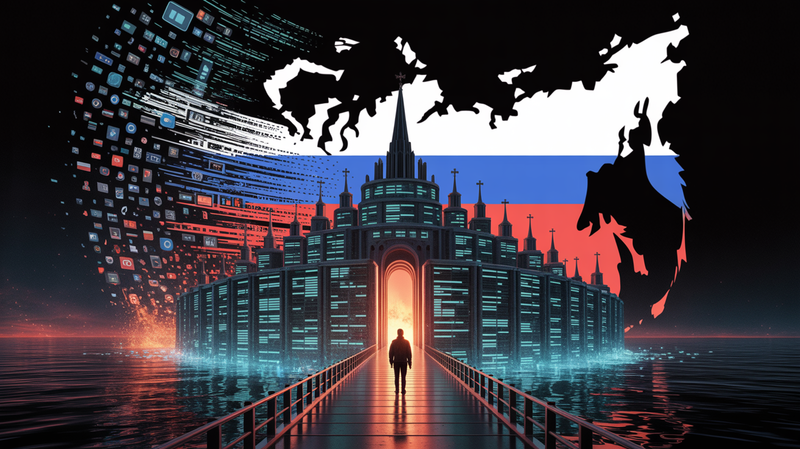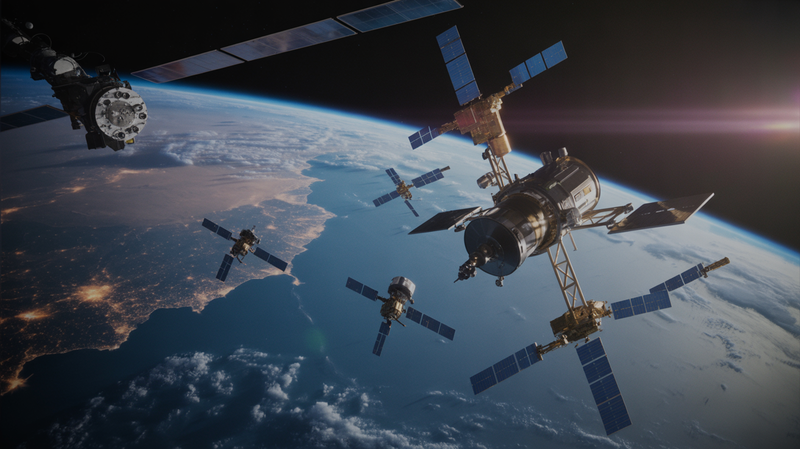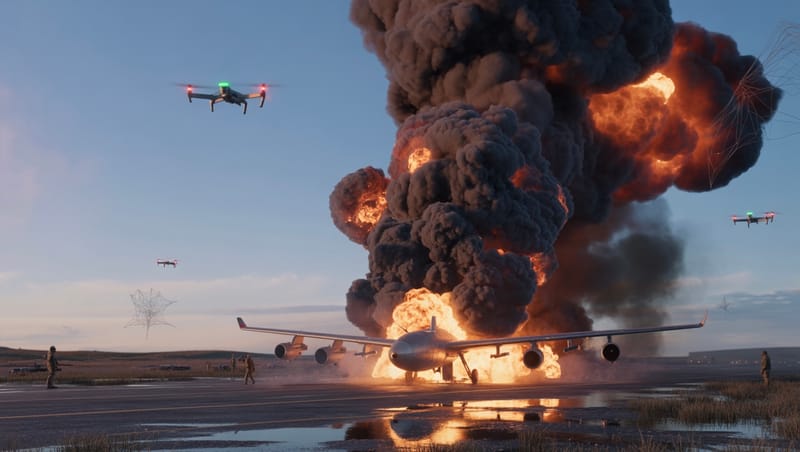An Emerging World Order: Russia and China’s Unified Vision Amidst Middle East Crisis
As global crises intensify, traditional power dynamics seem to be shifting. Recent events in Beijing highlight the increasing alignment between Russia and China, which may mark the dawn of a new era in geopolitics. At a global gathering in Beijing, Russian President Vladimir Putin pronounced the profound alignment of Russia

As global crises intensify, traditional power dynamics seem to be shifting. Recent events in Beijing highlight the increasing alignment between Russia and China, which may mark the dawn of a new era in geopolitics.
At a global gathering in Beijing, Russian President Vladimir Putin pronounced the profound alignment of Russia with China. In a surprising move, Putin praised Xi Jinping's Belt and Road Initiative, asserting it aims to establish a "fairer, multi-polar world." This alignment echoes the shared goals of both nations: equal, mutually beneficial cooperation that respects each country's chosen path of development. This stands in stark contrast to the Western push for authoritarian regimes to promote human rights and political freedoms.
This Beijing assembly, marking the 10th anniversary of the Belt and Road Initiative, served as a platform for Xi Jinping to promote an alternative development model for the world. The initiative seeks to bolster global connectivity and trade through Chinese-led infrastructure projects, creating a "new framework for international cooperation."
While this gathering unfolded, tensions escalated in the Middle East. U.S. President Joe Biden's landing in Israel was a clear affirmation of America's allegiance to Israel after a severe attack by the militant group Hamas. China and Russia's call for a ceasefire in this conflict contrasted sharply with the Western support for Israel.
Furthermore, China's opposition to unilateral sanctions, economic coercion, and ideological confrontations suggest a veiled criticism of U.S. strategies. This sentiment was echoed by other world leaders, further emphasizing a shift towards a more multilateral and cooperative global stance.
This Beijing event is significant not only for the partnership between Russia and China but also for China's positioning as an alternative global leader. Hosting this major international event post-pandemic signals China's drive to expand its global influence. With representatives from over 140 countries in attendance, China is clearly seeking to strengthen its international ties.
Yet, as China celebrates its Belt and Road Initiative's accomplishments, the nation faces challenges. Despite slowing economic growth and internal political shakeups, Beijing continues to promote its global contributions as a testament to its leadership capabilities.
The Belt and Road Initiative has driven China's expansive international influence, with investment in infrastructure projects worldwide. Though there are concerns about its sustainability, Xi Jinping remains unwavering in his commitment to this endeavor.
In summary, the alignment between Russia and China, coupled with their vision for a new global order, suggests a shift in world dynamics. As traditional powers grapple with internal and external challenges, emerging leaders like China are seizing the opportunity to reshape the global landscape.




